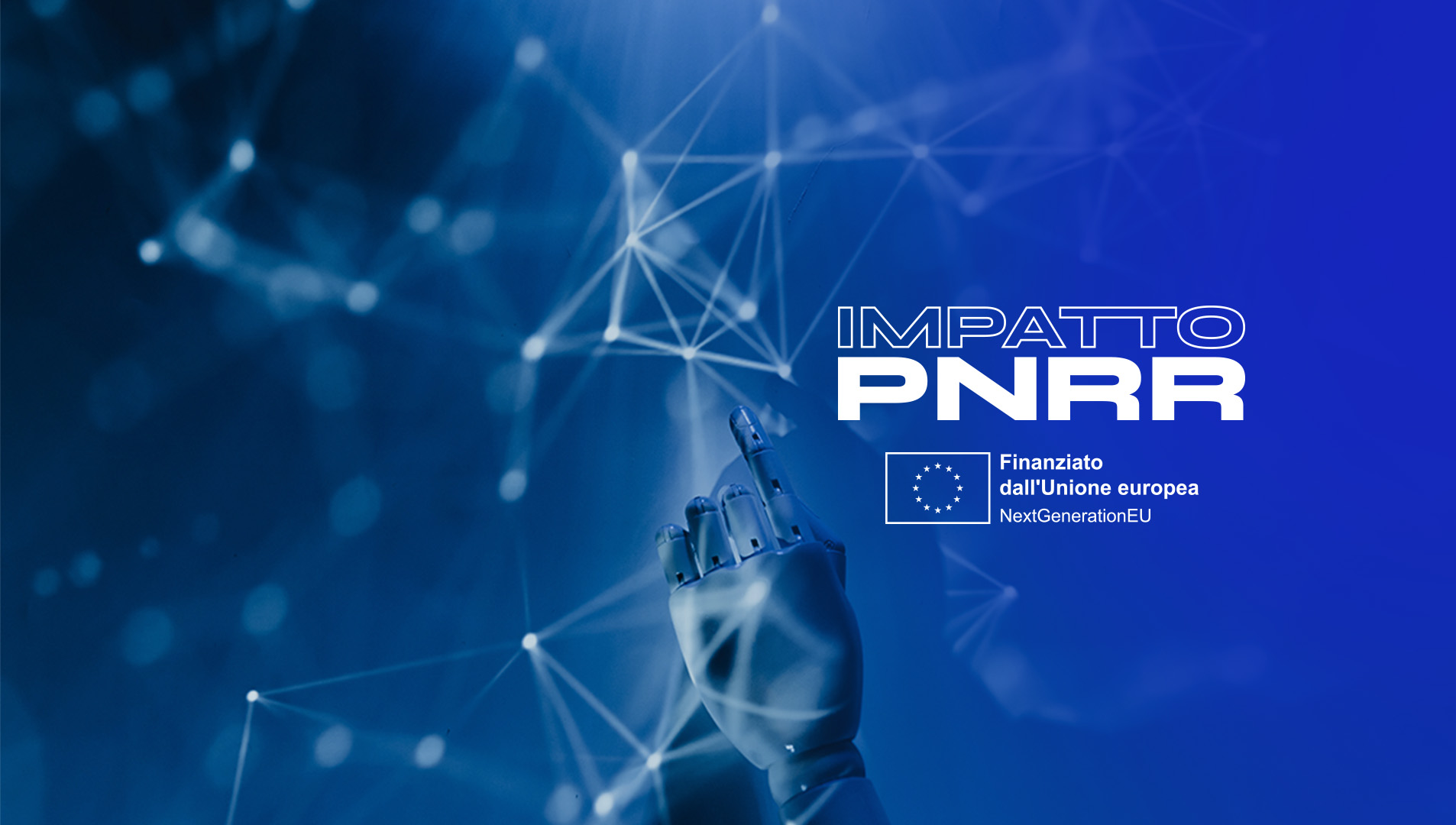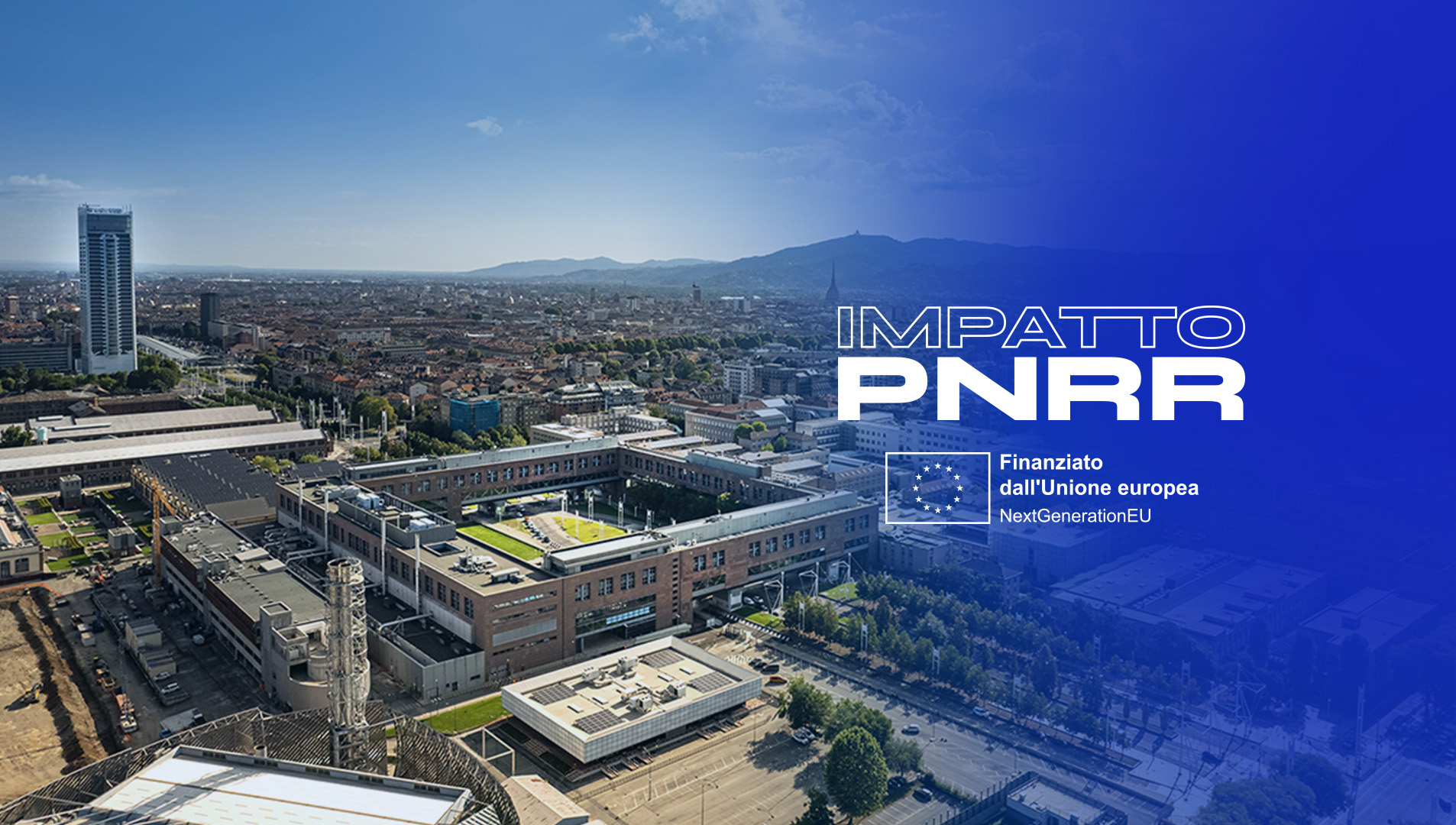
FAIR Foundation for Artificial Intelligence is born

The work of the Extended Partnership on Artificial Intelligence “Future AI Research” (FAIR), funded with 114.5 million Euro by the Ministry of University and Research as part of the National Recovery and Resilience Plan (PNRR), has officially started at the CNR headquarters in Pisa.
The extended FAIR partnership, coordinated by the CNR, involves 350 researchers from the 25 partners in the initiative, including the Politecnico. This initial core of scientists will be joined by a further 150 temporary researchers and 100 PhD students who will be recruited to work on the project, all over the country.
The partnership constitutes a research network spread across the territory from North to South and includes 4 research bodies (in addition to CNR also Fondazione Bruno Kessler, Istituto Nazionale di Fisica Nucleare, and Istituto Italiano di Tecnologia), 14 universities (Politecnico di Milano, Politecnico di Torino, Sapienza, Scuola Normale Superiore, SISSA, Bocconi University, University Campus Biomedico of Rome, University of Calabria, University of Bari, University of Bologna, University of Catania, University of Naples “Federico II”, University of Pisa, University of Trento) and seven companies (Bracco, Deloitte, Expert.ai, Intesa Sanpaolo, Leonardo, Lutech, STMicroelectronics).
As stipulated in the call, the partnership is based on the “Hub & Spoke” model, where the hub is the legal entity in charge of coordinating and managing the entire partnership, while the spokes are the entities (universities or research organisations) that coordinate the research activities.
The Hub of FAIR is a participatory foundation based in Pisa at the Research Area of the CNR, while the ten spokes of the partnership are geographically distributed in the different Italian regions: five in the north (Turin, Milan, Trento, Genoa and Bologna), two in the centre (Pisa and Rome) and three in the south (Bari, Cosenza and Naples). Each spoke represents a specific thematic area, with the aim of addressing research challenges to achieve human-centred, sustainable, secure, inclusive and reliable Artificial Intelligence.
This is one of the six large PNRR extended partnerships in which the Politecnico is take part in, by coordinating the “EDGE and EXASCALE AI” Spoke. With 5.43 million Euro at its disposal, the aim is to develop a new type of supercomputing that enables extremely complex problems to be solved by processing information rapidly, thanks to the ability to operate from the cloud’s infinitely small (edge) to the infinitely large (exascale). The goal is multiple: to adapt existing artificial intelligence algorithms to the needs of these new computing systems, to design new algorithms optimised for Edge and Exascale hardware and, finally, to worry about the sustainability of the artificial intelligence algorithms, be they new or adapted.
As far as companies are concerned, the first seven involved in the partnership will shortly be joined by others. The aim is to create an ecosystem, around FAIR, of companies and public administration bodies interested in using the scientific results produced by the foundation’s activities. More than 100 companies have already expressed their interest in joining the FAIR ecosystem (including 20 start-ups), while at the PA level the following, to name a few, have expressed an interest in taking part: the Tuscany Region, the Apulia Region, the National Cybersecurity Agency, Consob, the Ministry of Culture, Sogei and the Istituto Superiore di Sanità. Halfway through the project, i.e., after 18 months, it is estimated that around 300 companies will have been involved, increasing to over 600 by the end of the project (in three years).
In its plan of action, FAIR entails interdisciplinarity and an inclusive approach, with the enhancement of the widespread excellences in the national scientific community thanks to the allocation of specific funds to the South and to women’s research. Fair counts on involving 33% women in the project by the end of the partnership: a considerable figure if we bear in mind that in the Italian scientific community of Artificial Intelligence, women make up around 20% of it.
